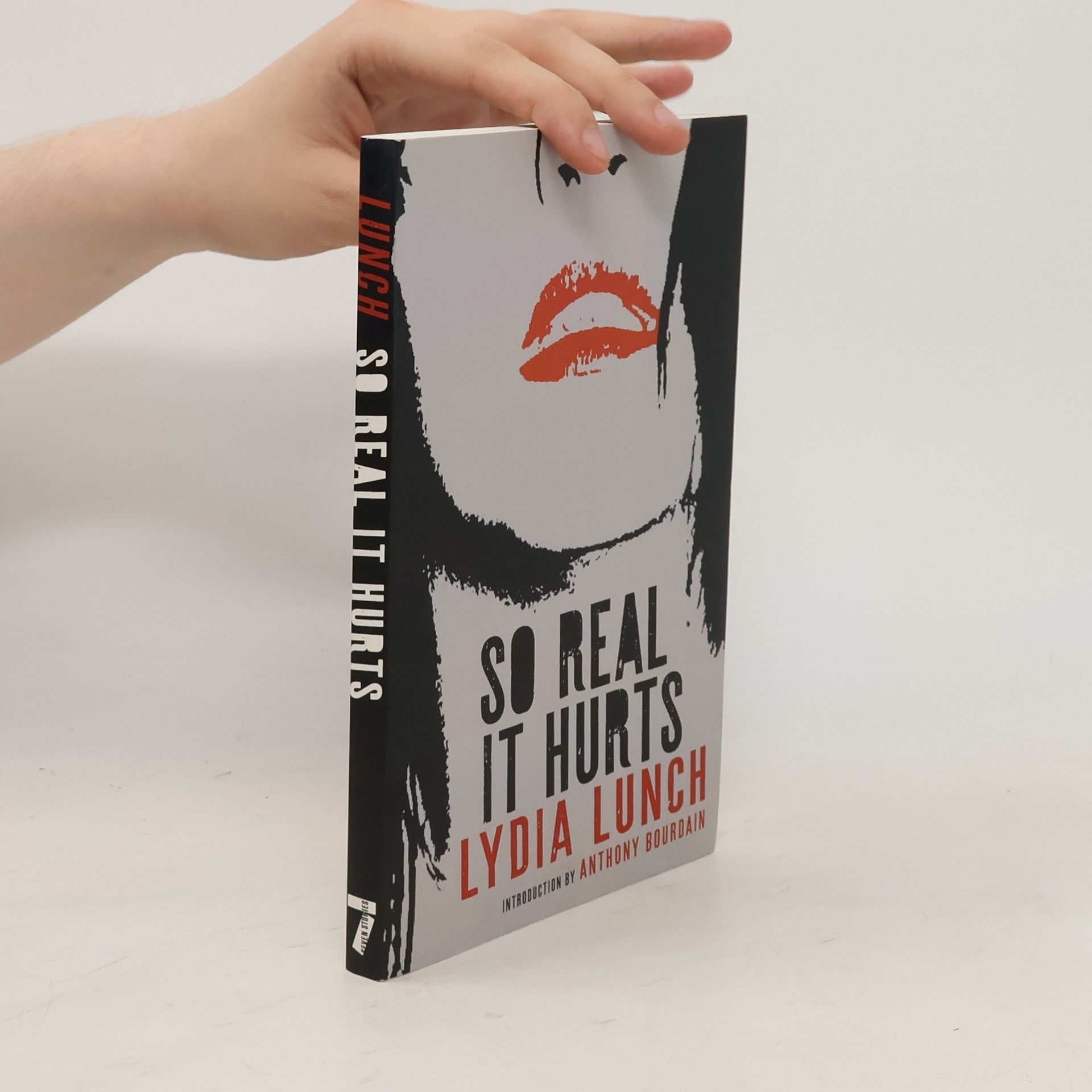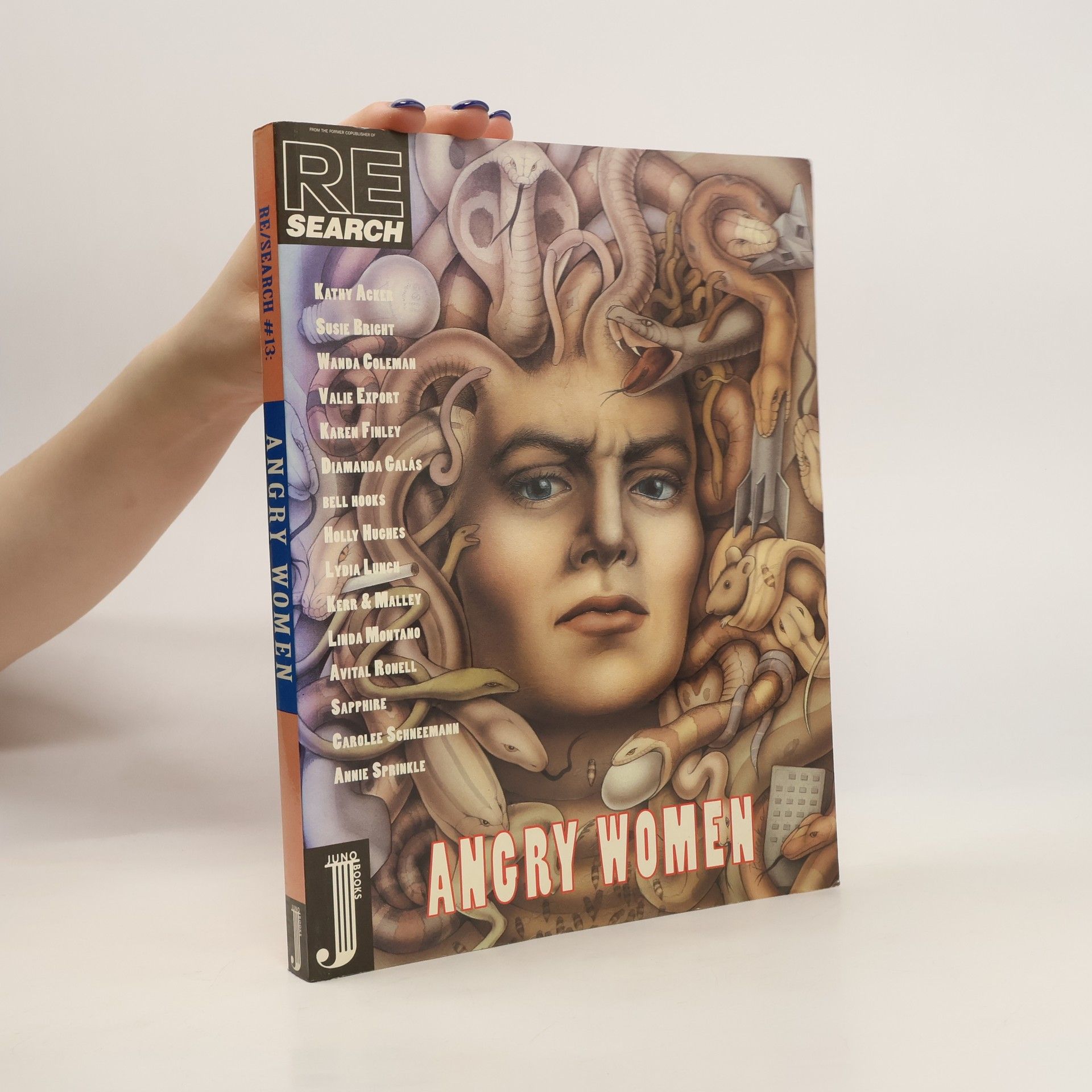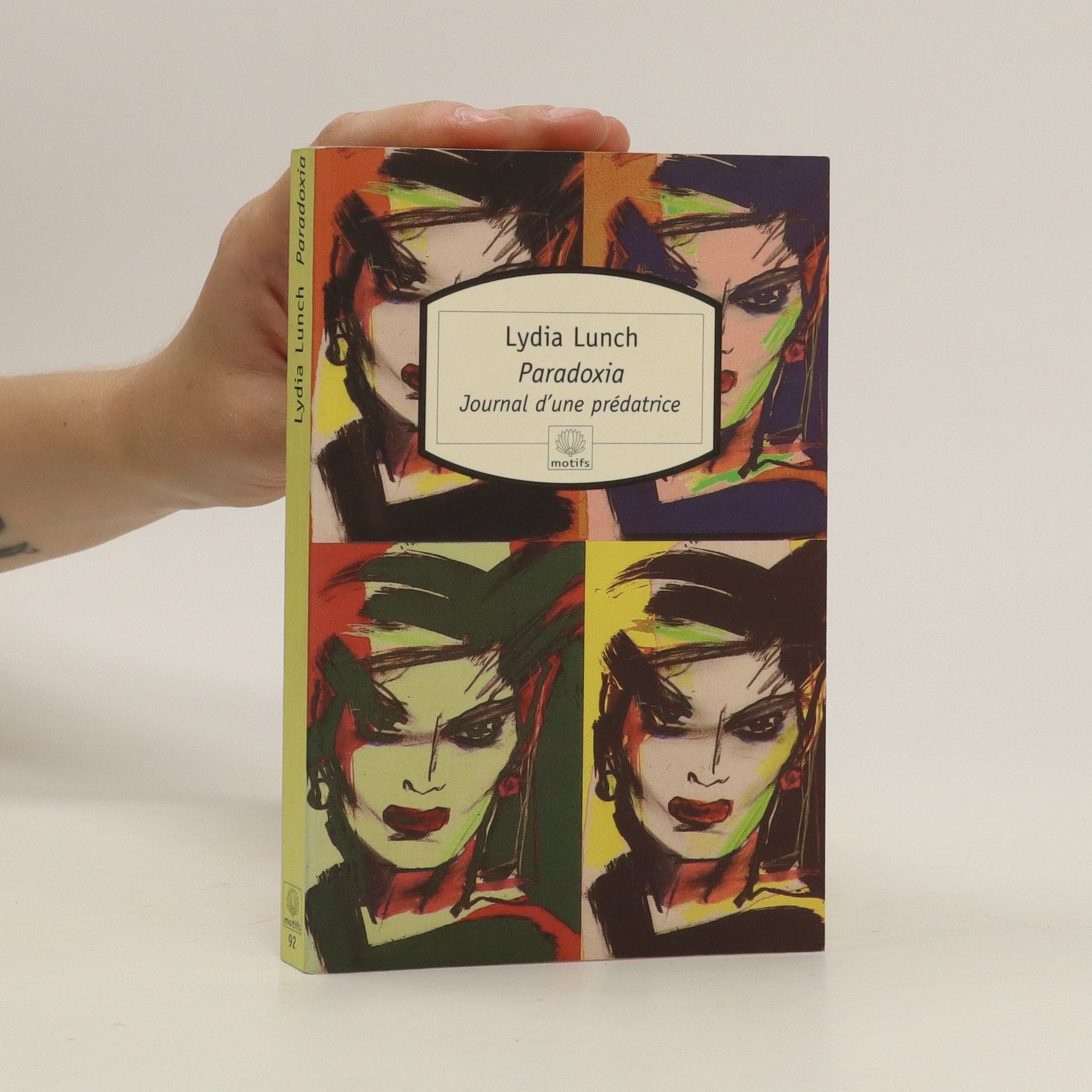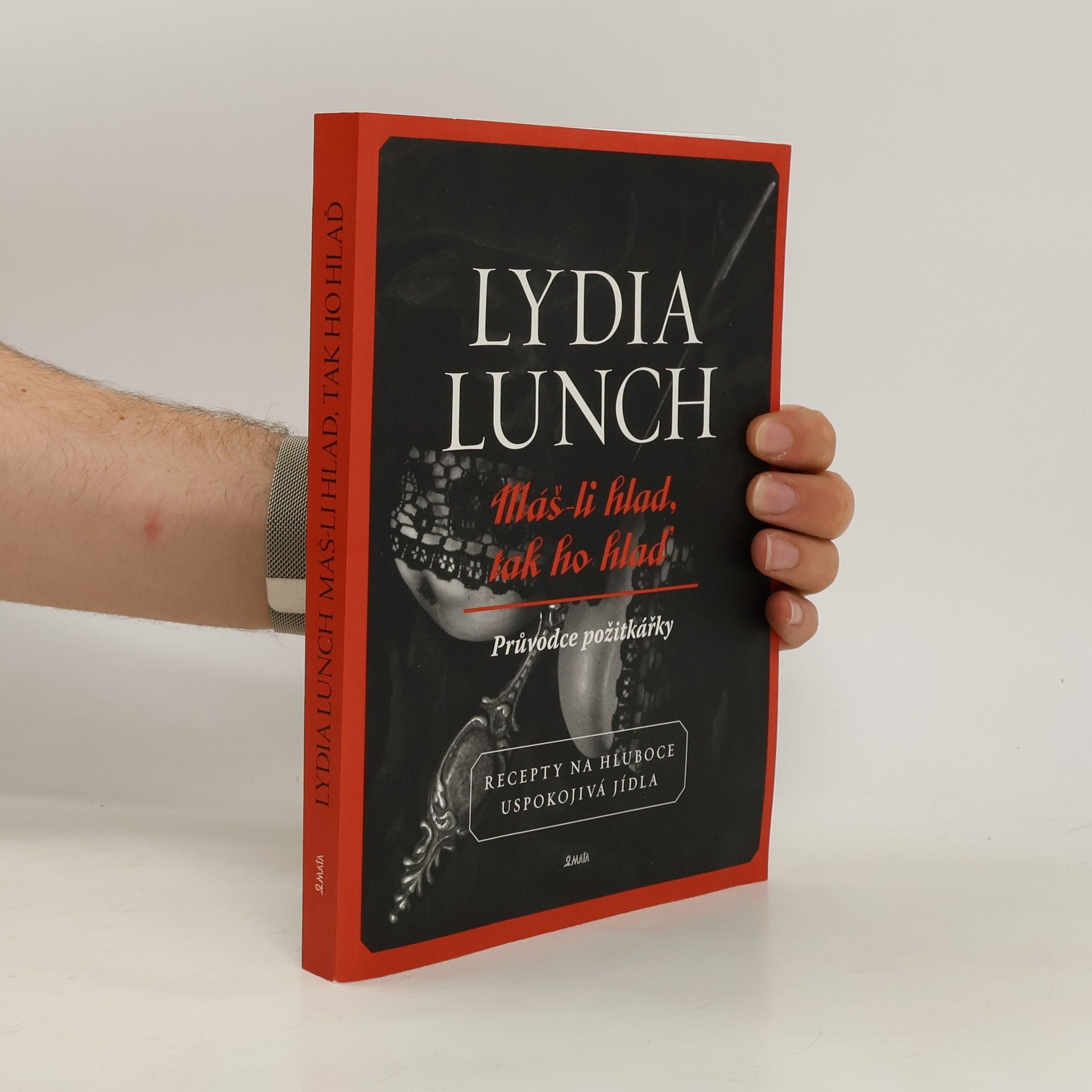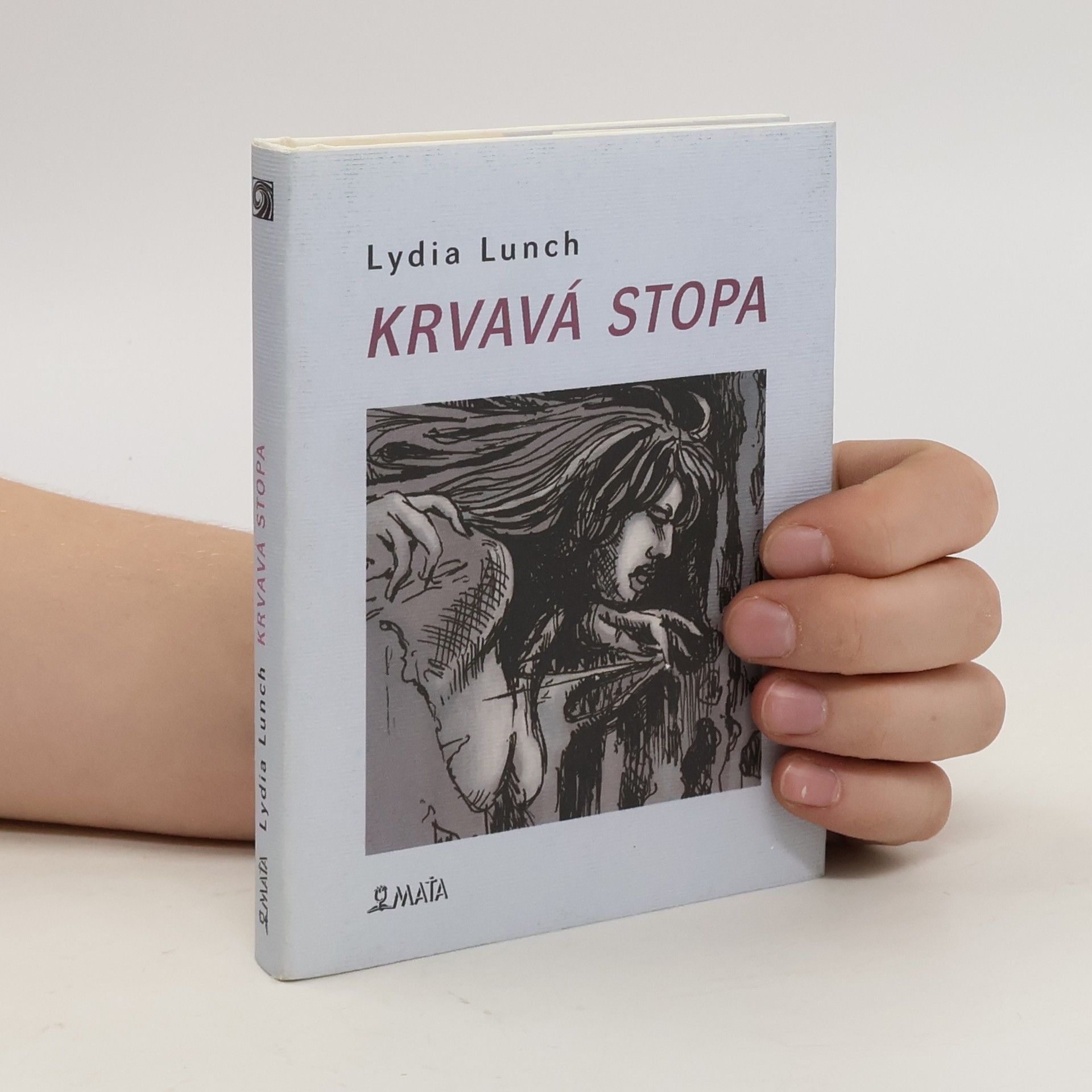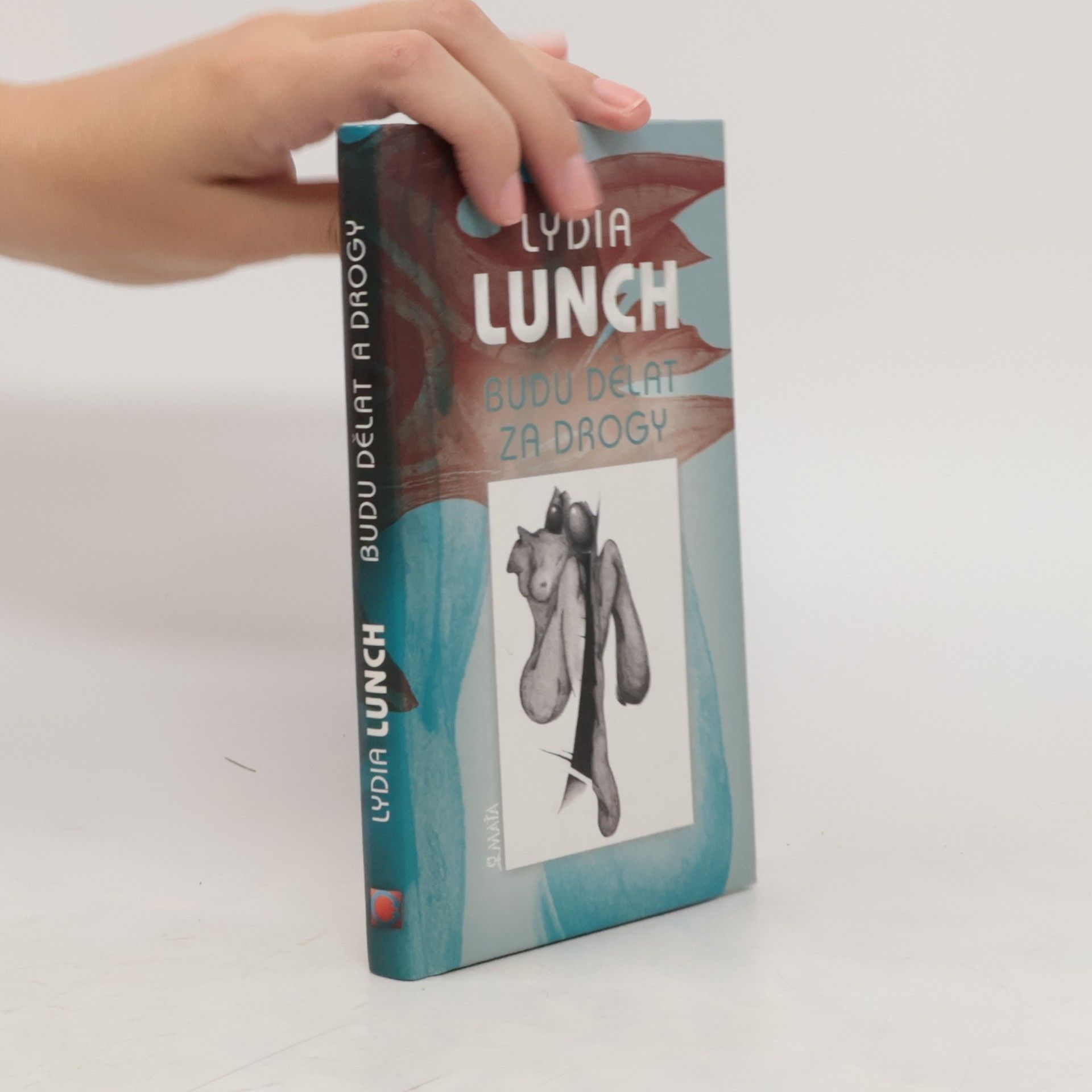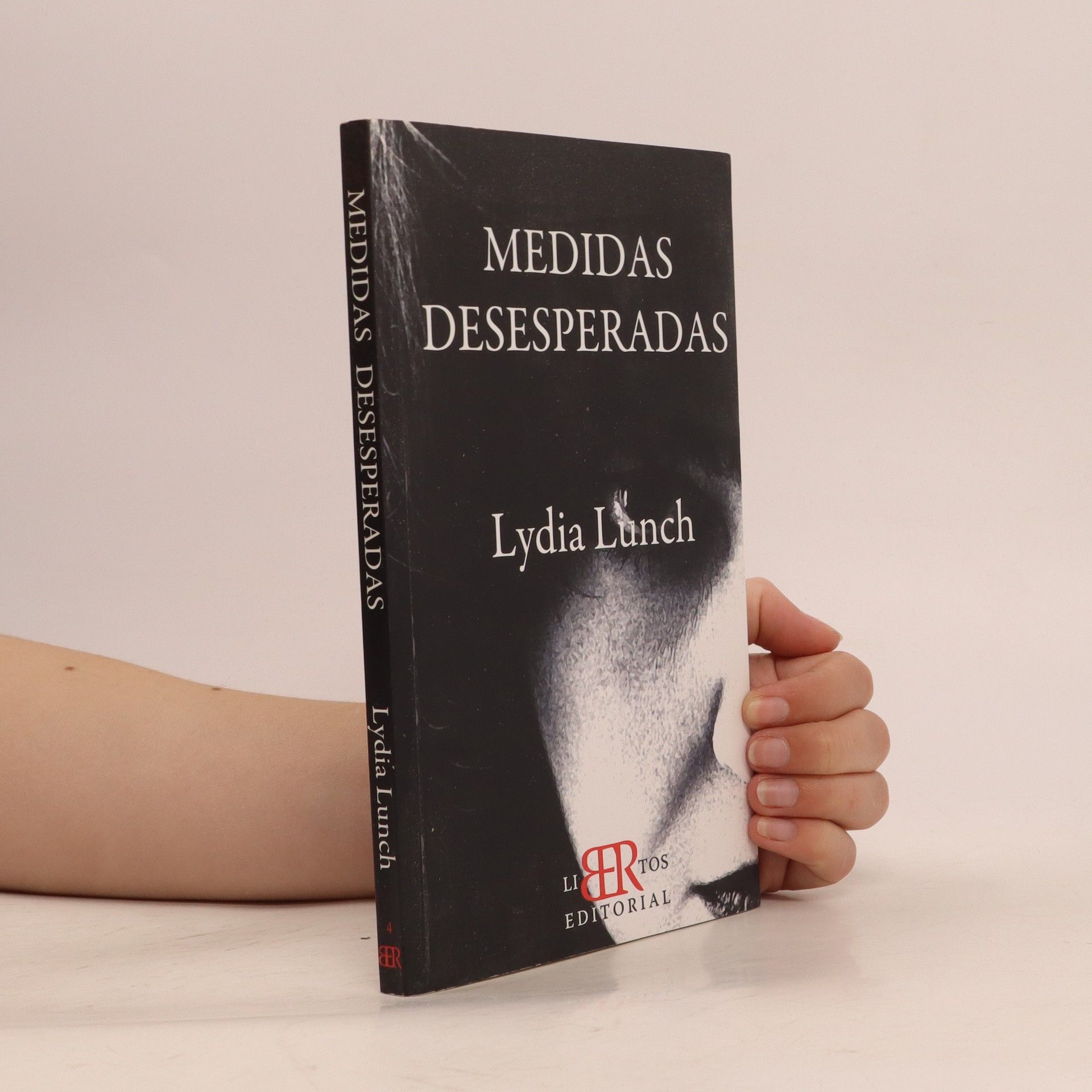Paradoxia
- 222pages
- 8 heures de lecture
Récit autobiographique, Paradoxia se situe dans les milieux du sexe et de la drogue, au cœur de la culture underground new-yorkaise des années 70. Lydia Lunch multiplie les scènes de débauche et de violence dans une permanente quête des paroxysmes. Guidée par la souffrance de l'inceste, elle s'offre à la jouissance des dangers physiques et moraux. Tout est expérimentable dans le sexe, surtout à l'aide de Smirnoff et de cocaïne, et c'est un jeu que de faire mal ou d'avoir mal. Jusqu'à chercher une limite ultime, la mort, approchée par les surdoses ou les braquages. Un livre très cru par un personnage - au sens entier du terme - spectaculaire.



